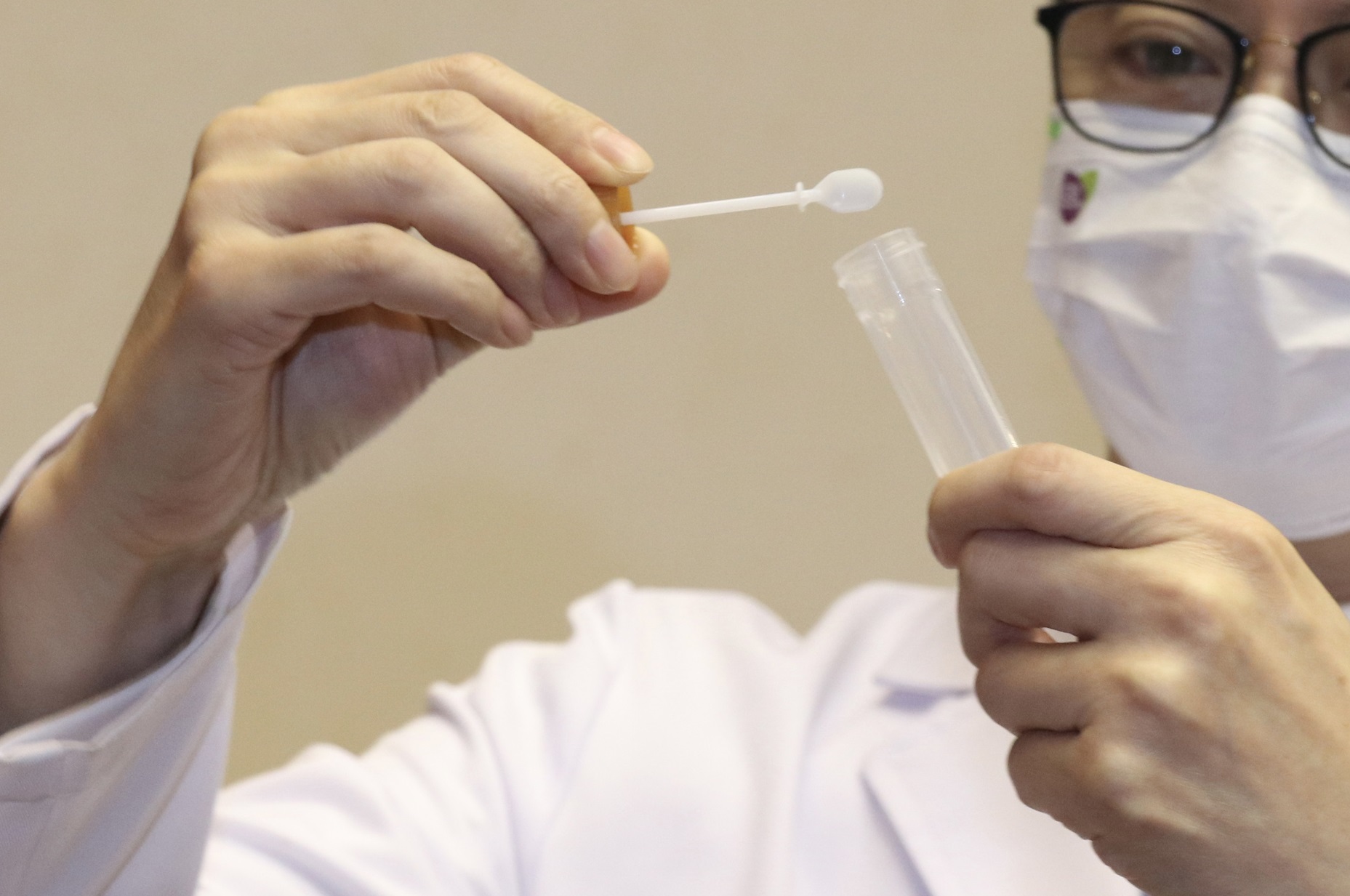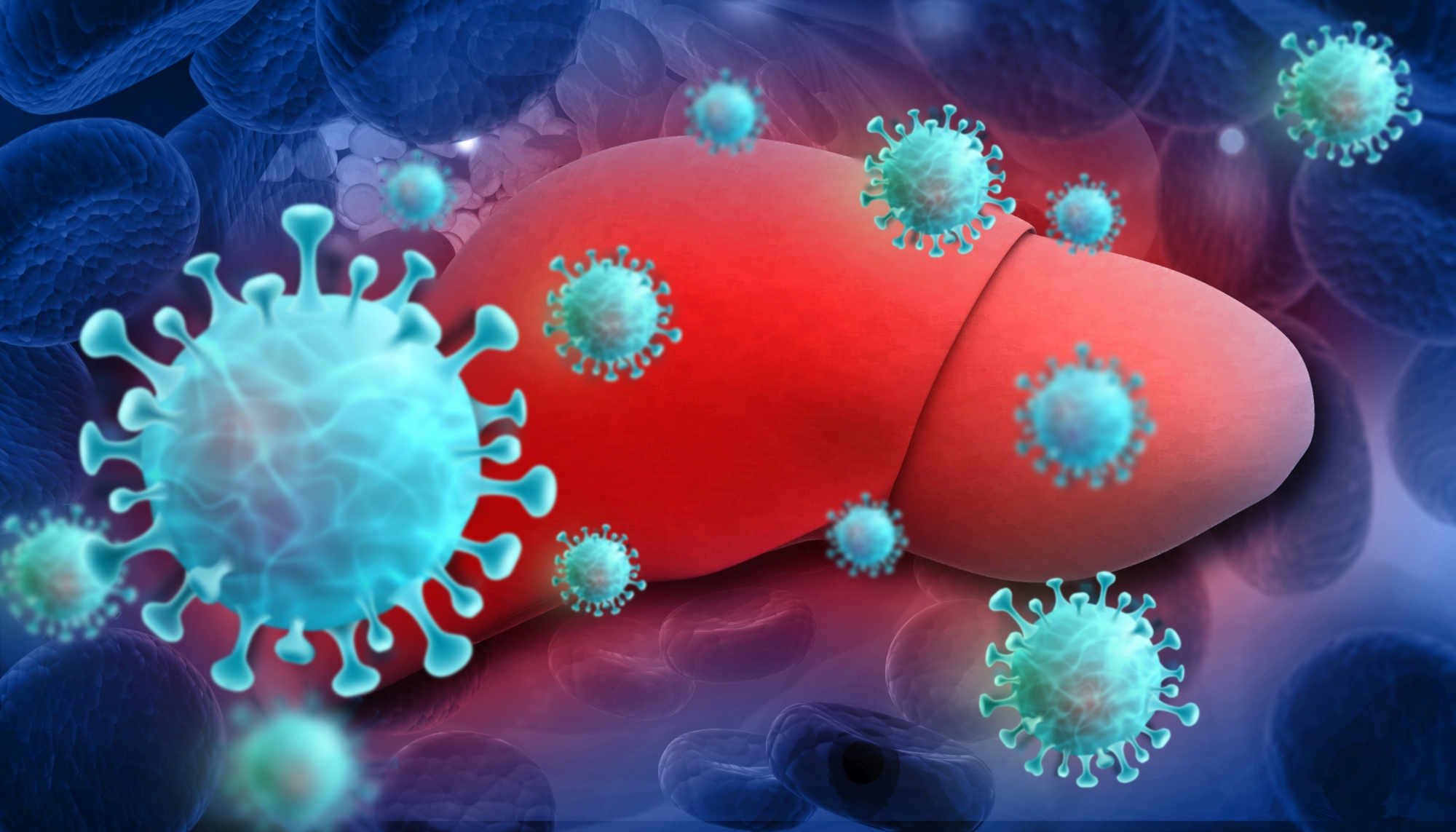English
繁體中文
简体中文

The Microbiota I-Centre of CUHK has identified distinct gut microbiome profiles that can characterise “long COVID”. This is the world’s first study to demonstrate gut microbiota as a key determinant of long COVID. These distinct gut microbial signatures can be used as a diagnostic tool and to guide therapy.

People who have recovered from a COVID-19 infection may suffer from poor memory, hair loss, difficulty in sleeping and other long-term consequences, which are commonly known as “long COVID”. CU Medicine has found that patients with long COVID have a less diverse gut microbiome, indicating that gut microbiome composition may be linked to the risk of developing long COVID, while gut microbiota modulation could facilitate timely recovery and reduce the burden of post-acute COVID-19 syndrome.

A low sensitivity faecal test is used to screen for colorectal cancer. Its cause, polyps can only be detected by a probing colonoscopy. Now a CUHK Medicine team has devised a first ever, highly sensitive, non-invasive “bacterial gene markers” test on faeces. It is 94% sensitive to the cancer, and over 90% sensitive to recurring polyps - which the present test can’t detect at all.

Not only old age and other chronic conditions let in COVID-19. Those with liver damage are revealed as vulnerable and face eight times the risk of experiencing intensive care, mechanical ventilation, or death. CU Medicine researchers led an international hepatologists group in a statement pushing for better clinical management of COVID-19 liver disease sufferers.